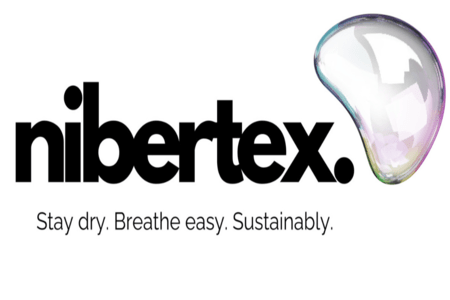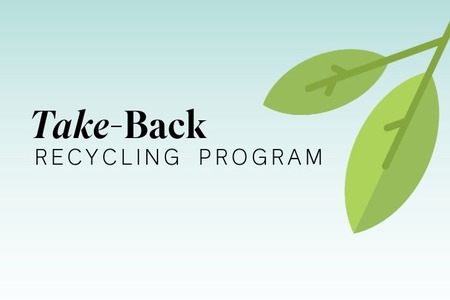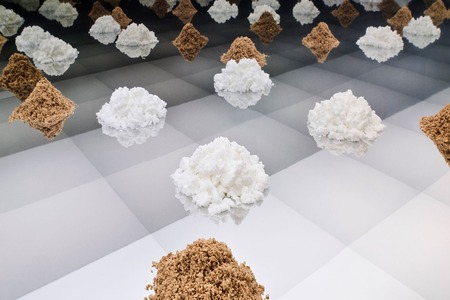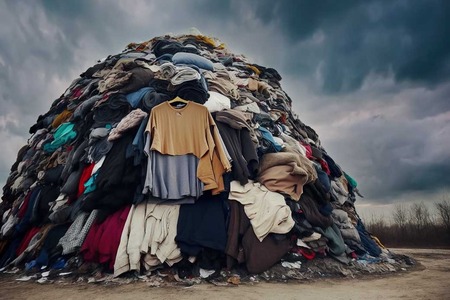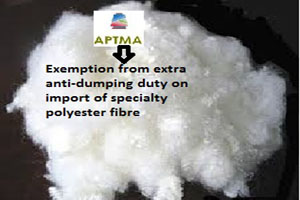
Aptma seeks exemption from extra anti-dumping duty on specialty PSF
YarnsandFibers News Bureau 2016-05-07 15:00:00 – IslamabadPakistan only produces normal (generic) polyester staple fibre of semi dull and bright type in deniers of 0.8-1.4 according to All Pakistan Textile Mills Association (APTMA), hence wants exemption from additional anti-dumping duty on the import of specialty polyester fibre which is not being produced domestically as additional duty is limiting the textile industry from product and market diversification.
The association sent its request to Commerce Minister Engineer Khurram Dastgir Khan who is also looking after the parliamentary business of Ministry of Textile Industry. Senate Standing Committee on Commerce has recommended to the Prime Minister to give the textile portfolio to the Commerce Minister so that issues of textile sector are resolved properly.
Presently, NTC has imposed anti-dumping duty on the import of PSF (H.S code 5503.2010) imported from China. The duty is from 2.82 percent to 11.5 percent. The variation in anti-dumping duty is for five producers whereas specialty fibre producers being categorized as "others" have anti-dumping duty of 11.51 percent.
Earlier, the NTC had imposed anti-dumping duty on polyester staple fibre imported from Thailand, Taiwan and Malaysia. They request that the staple fibre not domestically produced should be placed under a separate H.S. code so that the spinning and weaving industry can import the high-priced specialty fibres without paying additional duty of 11.5 percent which is limiting the industry from product and market diversification. This redressal will enable the domestic industry to take the quantum leap in the market for high value added textiles.
The letter by Tariq Saud, Chairman APTMA further stated that the world over demand of textile yarns is over 85 million tons of which cotton yarn is 22 million tons while the remaining demand of 63 million tons is being met by manmade or semi-synthetic yarns chiefly polyester which accounts for over 65 million tons. The normal consensus is that 70 percent of the incremental demand for yarn during the coming years will be met by polyester. Polyester yarns are also now being produced in various types and shapes to cater for the ever-increasing demand for comfort, performance, hygiene and aesthetic use.
All other types include anti-bacterial, moisture management properties, copolymer polyesters, cationic dyeable polyester staple (DAK) and polyester with cross section moisture management through capacity action, solution dyed polyester with or without UV protection. These are only a few of the special type of polyester fibres which are required for the production of specialty yarns to be further processed in high value fabrics and garments. These garments are gaining market share in developed and under developing countries with high consumer demand for niche products.
Generally, these types of specialty polyesters used for the production of yarns are produced by polyester staple producers in China, Thailand, Korea and Japan' and the C&F prices of these fibres are higher as compared to normal PSF fibre.
The letter argued that due to ever-increasing production of PSF in Asia and turning it into a commodity accounts for the prices of fibre produced on new plants getting cheaper with each new improvement in the process. The domestic products have higher cost of production and are thus mostly busy in getting anti-dumping duty or other barriers imposed in the way on imports to safeguard their interest.
Market Intelligence
Ask for free sample Report

experience
Customer Base
dedicated team
Countries Served Worldwide



